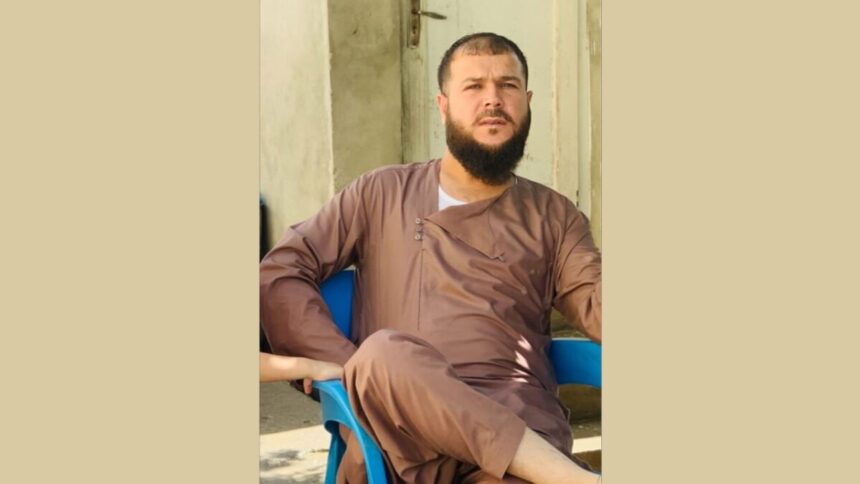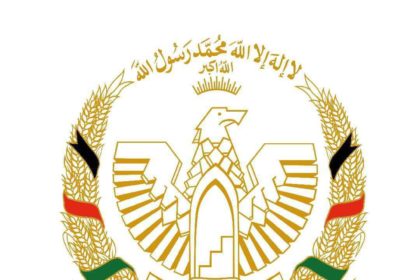RASC News Agency: Local sources in Kabul have confirmed another appalling case of Taliban brutality, in which the group’s intelligence operatives tortured and killed a young man from Panjshir province. According to these sources, the victim, identified as Shabriz, was seized by Taliban intelligence four days earlier and later returned to his family as a lifeless body.
Relatives state that Shabriz was entirely innocent of wrongdoing. His only “crime,” they argue, was his identity as a resident of Panjshir a region long associated with opposition to Taliban domination. His corpse, handed over at Kabul’s forensic department, bore unmistakable evidence of savagery. Witnesses recount that Taliban agents had gouged out his left eye, and his body displayed marks of severe torture, leaving no doubt that he was deliberately brutalized to send a message of terror.
Human rights monitors emphasize that this case is not an isolated incident. In recent months, multiple Panjshir residents have been detained by Taliban forces only to die in custody, their bodies returned days later, scarred by torture. These killings, activists warn, reflect a systematic pattern of repression aimed specifically at the people of Panjshir.
Beyond individual killings, Panjshir has endured widespread persecution under Taliban control. Reports document collective arrests, enforced disappearances, and even the forced evacuation of households. Several families say they have been driven from their villages at gunpoint, while many young men taken by Taliban intelligence never return.
Observers underline that the Taliban perceive Panjshir as both a symbolic and strategic bastion of resistance. Instead of seeking reconciliation, the group has chosen to suffocate the province with a machinery of fear: sweeping deployments of intelligence agents, intrusive house searches, arbitrary checkpoints, and the steady erosion of basic freedoms. This approach, analysts argue, betrays the Taliban’s weakness; unable to secure genuine loyalty, they rule through terror.
The murder of Shabriz illustrates not governance, but the grotesque violence that underpins Taliban authority. Far from cementing legitimacy, these crimes deepen their pariah status internationally and underscore the profound human toll of their authoritarian grip. For the families of Panjshir, however, the cost is far greater: shattered lives, silenced voices, and a future clouded by the shadow of brutality.






